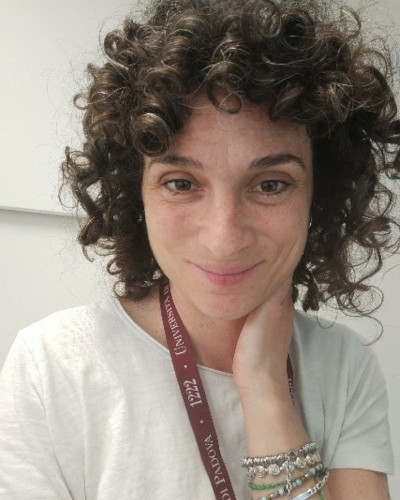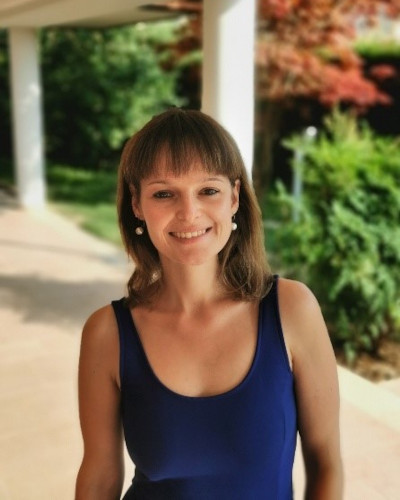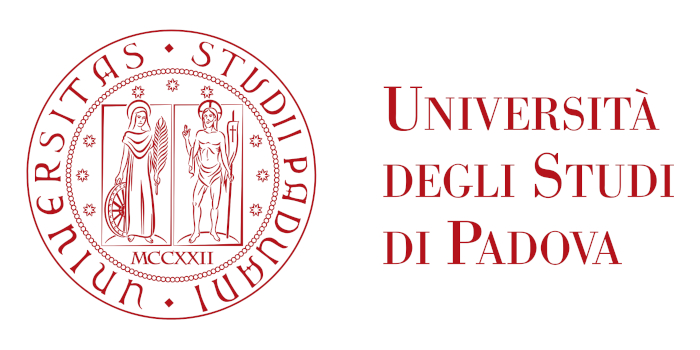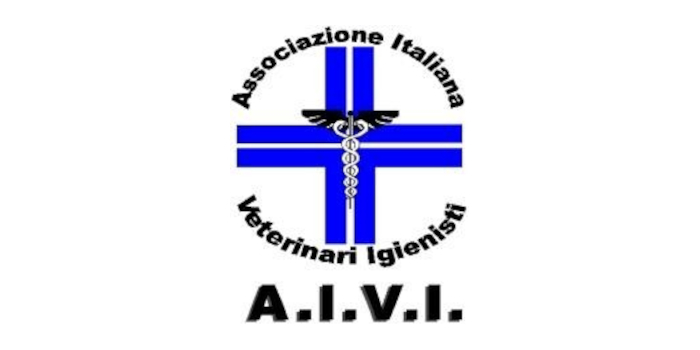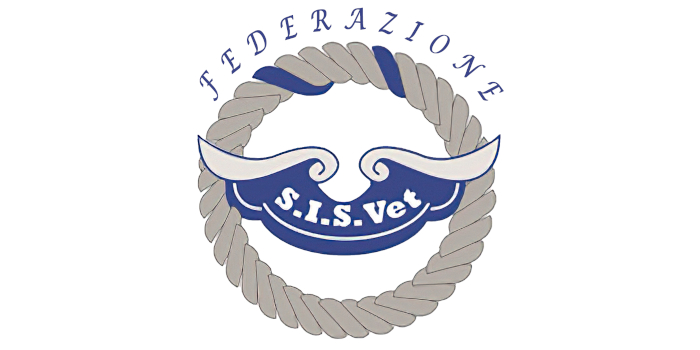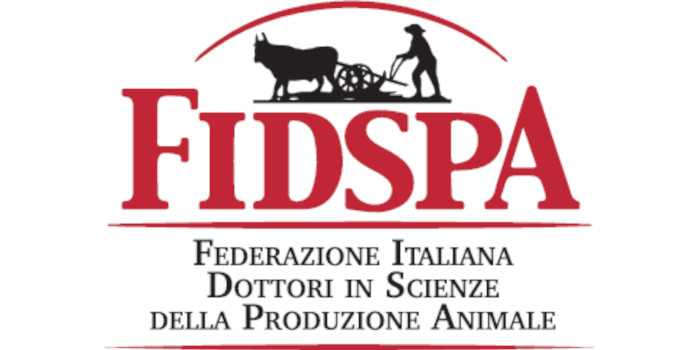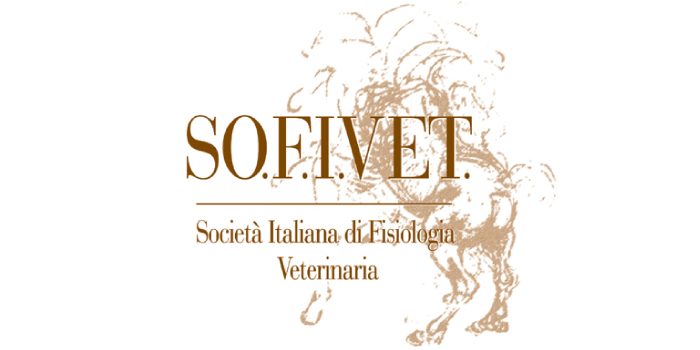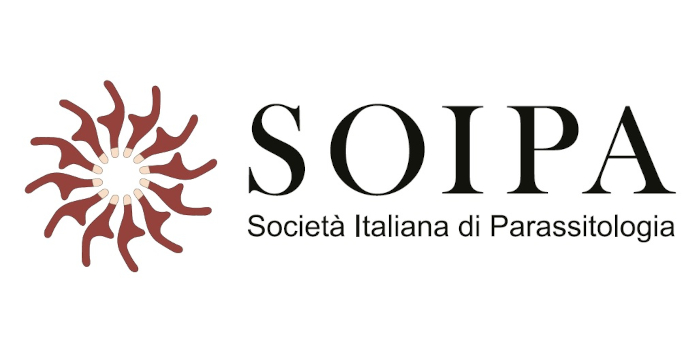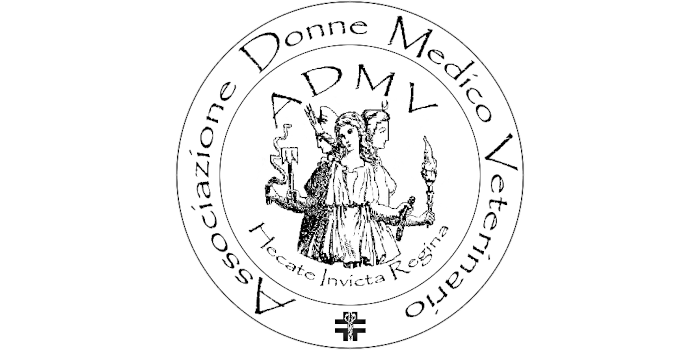SPECIAL SESSION #09
Prototype Systems and Measurement Technologies for Assessing Behavioural Patterns in Livestock
ORGANIZED BY
Luisa Magrin
Department of Animal Medicine, Production and Health (MAPS), University of Padua, Italy
Angela Costa
Department of Veterinary Medical Sciences (DIMEVET), University of Bologna, Italy
SPECIAL SESSION DESCRIPTION
This Special Session addresses the technological limitations that currently hinder large-scale monitoring of behavioural patterns in livestock. Although high-precision systems for research purposes have recently become available, real-time and cost-effective solutions suitable for commercial farms are still lacking, and existing predictive approaches for key behavioural traits remain outdated and poorly transferable across diverse production environments. The session will highlight the development of prototype systems and innovative sensing technologies designed to capture individual behavioural events, feeding and drinking dynamics, environmental influences, and variations across production systems. The session will also showcase innovative prototype systems specifically adapted and calibrated for distinct farming contexts, designed to enable continuous monitoring of animal behaviour and to reliably distinguish physiological patterns from abnormal or early pathological ones. Particular emphasis will be placed on field-based experiments capable of generating high-resolution behavioural data that support a deeper understanding of phenotypic variability and enable more effective management and genetic improvement strategies. Monitoring behavioural patterns—such as feeding, drinking, and resource access—plays a pivotal role in detecting metabolic disorders, assessing welfare, improving feed efficiency, anticipating disease onset, and promoting sustainable resource utilisation.
ABOUT THE ORGANIZERS
Luisa Magrin (PhD) is a fixed-term Research Assistant, type B, full-time (art. 24 c.3-a L. 240/2010) at the Department of Animal Medicine, Production and Health (MAPS), Università degli Studi di Padova (UNIPD), Italy. She earned her Master’s degree in Animal Production Science (Class LM-86, cum laude) from the University of Udine (UNIUD) in 2013. She completed her PhD at the UNIPD in 2019 with a dissertation titled “Health and welfare problems of finishing beef cattle: lameness and possible preventive solutions.” During her doctoral training, she was awarded a six-month scholarship to conduct research at the Department of Biosystems and Technology, Swedish University of Agricultural Sciences (SLU), Malmö, Sweden. Her current research focuses on evaluating feeding and housing strategies aimed at developing sustainable and environmentally friendly rearing systems in veal and beef production. She is actively involved in the EUPAHW project (European Partnership on Animal Health and Welfare), contributing to the collection, analysis, and integration of scientific and technical data on animal welfare. She also serves as the Substitute Principal Investigator of the second research unit within the WATERMOO project, funded by the Italian Ministry of University and Research, which investigates water-efficiency indices in Italian dairy and beef cattle using precision livestock farming technologies. In addition, she is Principal Investigator of a MAPS Department–funded project titled “Remote-controlled individual water intake and drinking behaviour as indicators of health and welfare of imported beef cattle during the adaptation period at the finishing unit.” She has participated in several national and international projects addressing the environmental and economic sustainability of the beef sector. Dr. Magrin is a member of the Animal Science and Production Association (ASPA) and the European Federation of Animal Science (EAAP). According to Elsevier’s Scopus database (2014–2025), she has authored 45 peer-reviewed scientific publications, which have received 342 citations, with an h-index of 12.
Angela Costa (PhD) is an Associate Professor at the Department of Veterinary Medical Sciences (DIMEVET), Università di Bologna (UNIBO), Italy. Since 2022, she has been affiliated with the Department and formally appointed within the Scientific Disciplinary Sector 07/AGRI-09/A – General Animal Husbandry and Genetic Improvement (formerly AGR/17). She earned her academic qualifications in the field of animal science and her research activity focuses on genetic improvement in livestock species, with particular emphasis on cattle. Her main research interests include: the identification and study of innovative health and efficiency phenotypes in dairy cows and calves; the development of indicators of bovine mammary gland health; the assessment of milk and colostrum quality in dairy cattle and buffalo; the physiological dynamics and genetic architecture underlying colostrum production and quality; and cow–calf interaction mechanisms associated with passive immunity transfer. She is actively involved in several national and international research projects. She collaborates with the Department of Animal Medicine, Production and Health (MAPS), University of Padova, within the PRIN 2022 PNRR project “WATERMOO,” as Principal Investigator, and with the Department of Agronomy, Food, Natural Resources, Animals and Environment (DAFNAE) in the PNRR “Agritech” project funded by the Next-GenerationEU programme. During her career, she has also engaged in extensive international collaborations with leading research institutions, including the Animal Breeding and Genomics group at Wageningen University & Research (The Netherlands); INRAE–PEGASE (France) and Institut Agro Rennes (France) on joint studies exploring bovine milk lactose concentration as a biomarker for monitoring mammary gland health and metabolic disorders; and smaXtec animal care GmbH (Austria) on sensor-based health monitoring technologies. In addition, she participates in the EU-funded SUPREM-MILK project (PRIMA 2023 call) in collaboration with INRAE–SADAPT (France), the Italian Buffalo Breeders Association (ANASB), and the Italian Holstein, Brown Swiss and Jersey Breeders Association (ANAFIBJ). She also maintains active collaborations with the Regional Breeders Association of Veneto (ARAV, Vicenza). Prof. Costa contributes to several initiatives aimed at advancing dairy cattle sustainability, precision phenotyping, and genetic selection for resilience and animal health. She is a member of national and international scientific networks in animal breeding and production. According to Elsevier’s Scopus database, she has authored numerous 77 peer-reviewed scientific publications, which have received 1,157 citations and reflect her recognized contribution to the field of dairy cattle genetics and physiology, with an h-index of 19.


